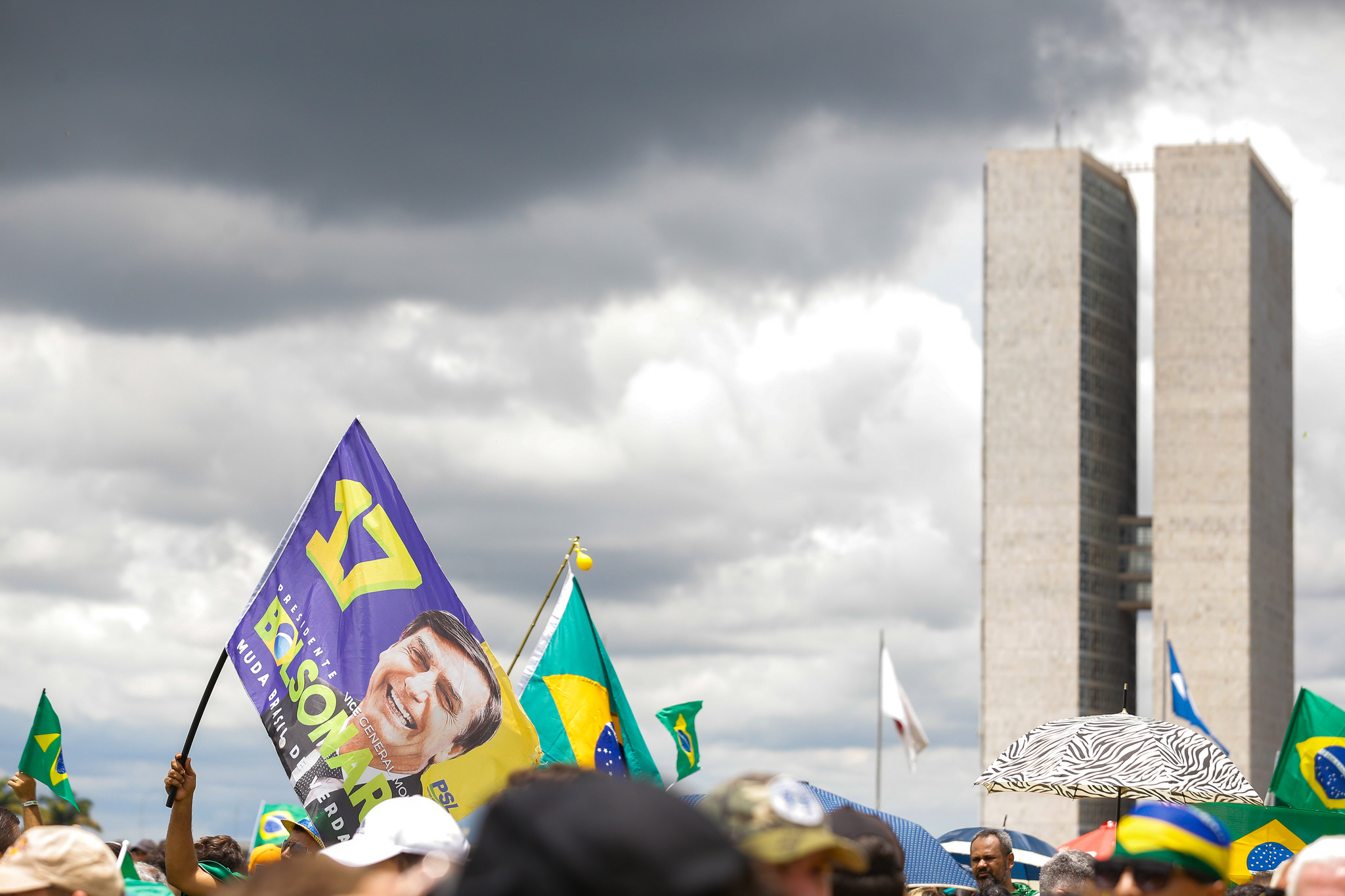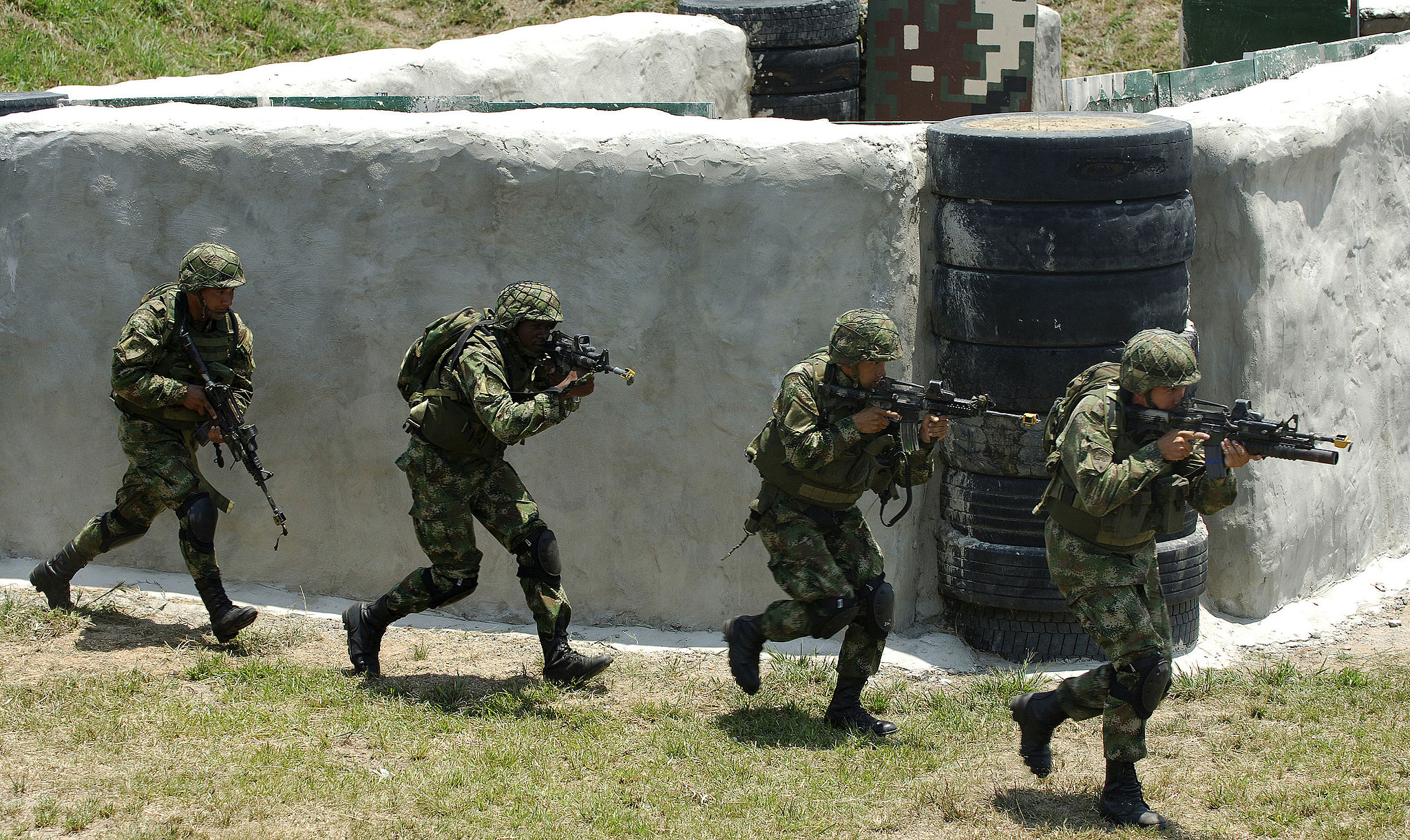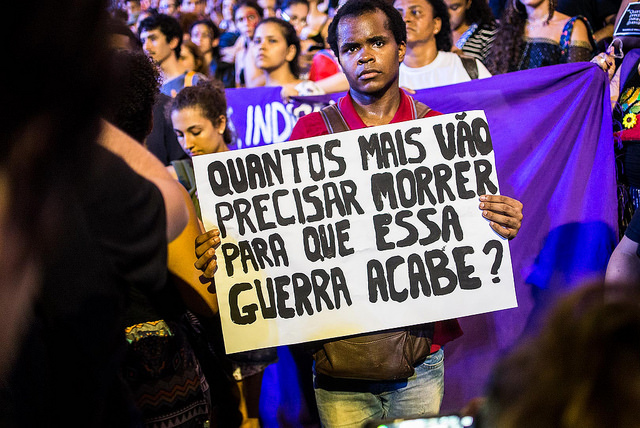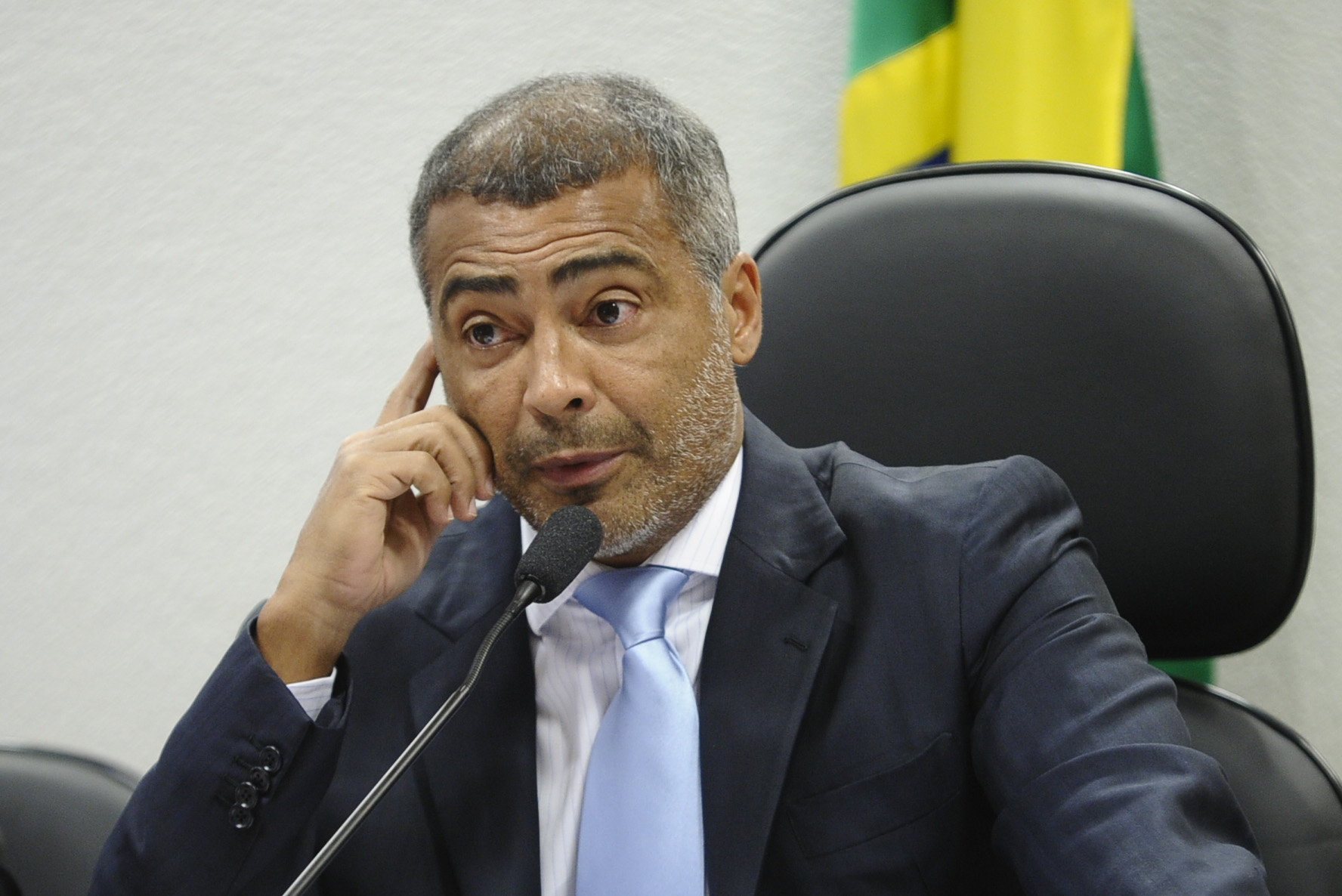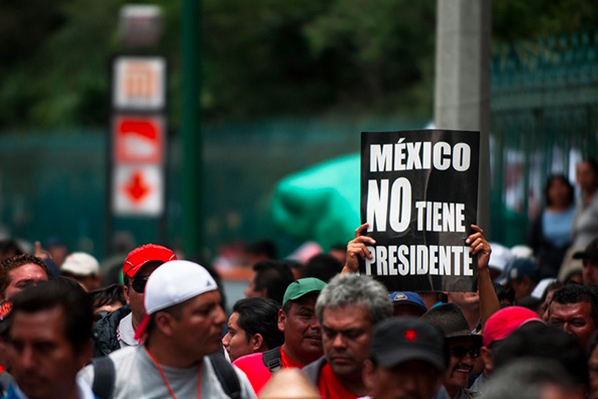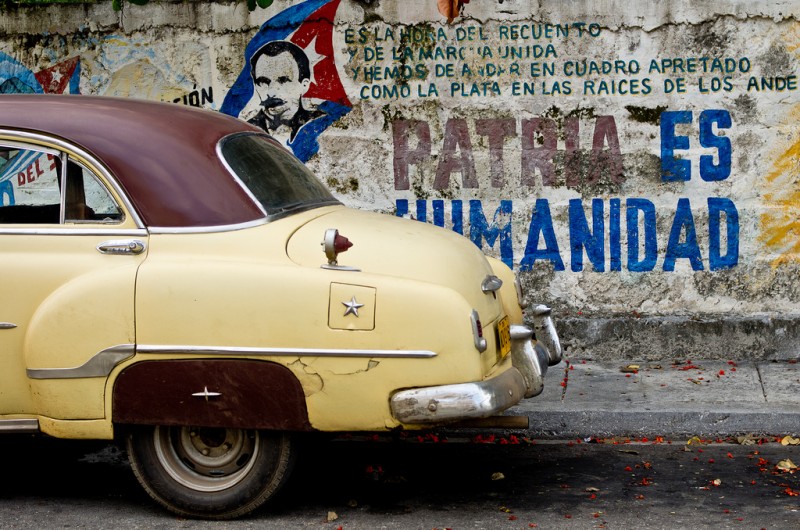
Caribbean, Cuba, Latin America: Week in Review
Cuba Taken Off U.S. Terror List
June 1, 2015 By Staff
Top Story — The United States on Friday announced the removal of Cuba from its list of states that sponsor terrorism, a milestone in the ongoing efforts by the two countries to restore diplomatic ties after more than half a century of tension.
The announcement came after the expiration of a 45-day period for the U.S. Congress to reverse the decision, which was first made public in April. Cuba’s removal from the list, which is maintained by the U.S. Department of State, followed an announcement that the two would announce a date for the exchange of ambassadors in the coming days.
Cuba’s official newspaper Granma called the move “a simple act of justice,” and while it is likely to be welcomed by leaders across Latin America who have widely praised efforts by the U.S. and Cuba to normalize relations, it has sparked domestic criticism of U.S. President Barack Obama. Likely Republican presidential hopeful Jeb Bush, the former governor of Florida, said the move was the latest of many “concessions to the Communist regime.”
Only three countries — Iran, Syria and Sudan — remain on the list, to which Cuba was added in 1982. Cuba’s removal paves the way for a modest increase in banking ties with the United States, although a broader economic embargo, under the control of the U.S. Congress, remains in effect.
Headlines from the Western Hemisphere
North America
- Residents of a small town in Mexico’s Jalisco state fear the police, while they feel protected by members of the powerful New Generation drug cartel, according to a new piece in the Washington Post that investigates the small neighborhood where a deadly clash between the government and residents has generated controversy.
- The ongoing legal investigation over the 2012 death of José Antonio Elena Rodriguez, a 15-year-old who was shot by a border patrol agent, has raised questions about the impunity of U.S. Border Patrol agents, according to The Guardian.
Caribbean
- A bill that would raise Puerto Rico’s sales tax from 7 to 11.5 percent was signed into law by the governor Friday night, and is expected to go into effect July 1.
- Daily life in Cuba is still marked by waiting in long lines for products and services, reports The Washington Post, and as tourism in the country surges without the infrastructure to support it, foreigners may have to grow accustomed to the “stand-in-line” way of Cuban life on their visits.
- Jack Warner, a Trinidadian lawmaker who was indicted in last week’s FIFA corruption scandal, has professed his innocence and started a movement in his defense, claiming the U.S. is on “some kind of evidential witch hunt” since it lost out to Qatar in a bid to host the 2022 World Cup. This comes as South Africa admits to having paid the football organization led by Warner $10 million, though South Africa denies it was a bribe to secure the 2010 World Cup.
Central America
- Guatemalans demanded that President Otto Pérez Molina resign during protests Saturday following investigations that revealed government corruption in recent weeks.
- Similar demonstrations occurred Friday in Honduras, when some 5,000 protesters demanded that President Juan Orlando Hernández resign following accusations that he accepted legal funds for his 2013 presidential campaign.
Andes
- Massive anti-government demonstrations were held in cities across Venezuela on Saturday, less than one week after jailed opposition leader Leopoldo López called for them via a leaked video message from Ramo Verde military prison.
- Venezuelan Chief of Parliament Diosdado Cabello, during a televised interview on Sunday, announced plans to sue Spanish and U.S. media organizations for publishing reports that tie him to drug trafficking and money-laundering schemes. Cabello has already sued three media companies in Venezuela for republishing details of an investigation by The Wall Street Journal linking him to organized crime.
Southern Cone
- An accident caused by a silo collapse during the construction of the controversial Belo Monte Dam in Brazil killed three workers and injured three others on Saturday.
- Four months into the job, Brazilian Chamber of Deputies Speaker Eduardo Cunha has taken measures that, as implied by a report in The Washington Post, attempt to sabotage the coalition formed between the ruling Workers’ Party and his own Brazilian Democratic Movement Party.
